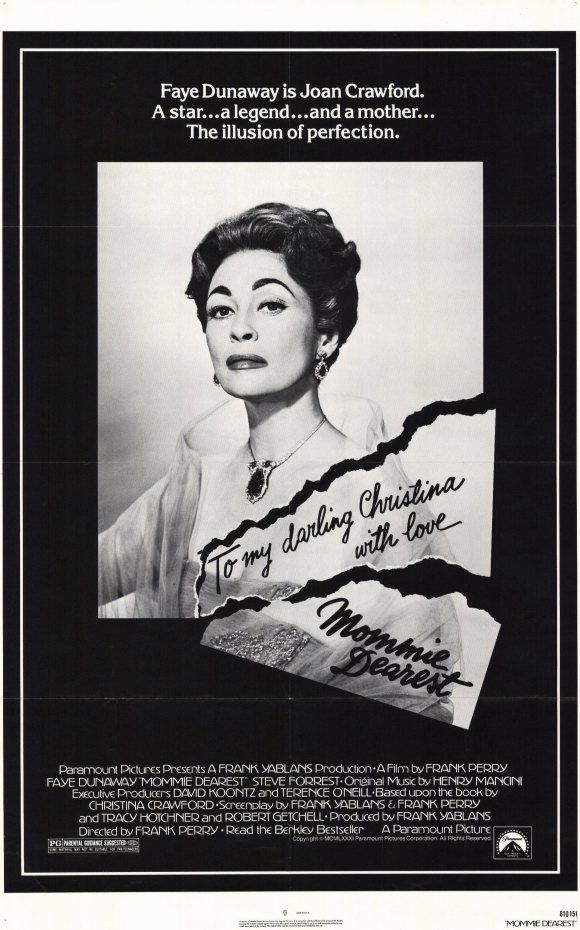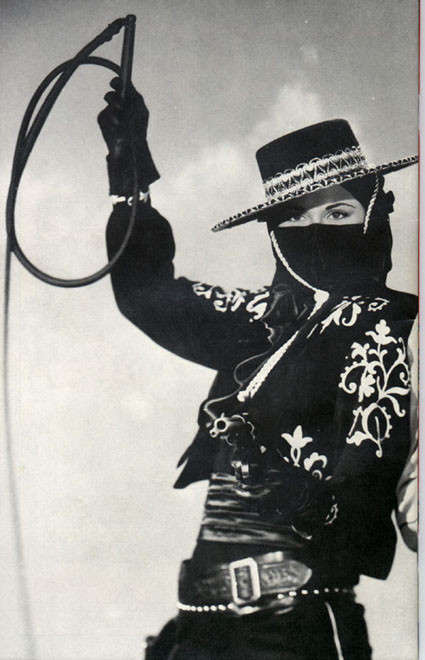HAMNET SWEEPS WFCC AWARDS INCLUDING BEST SCREEN COUPLE ~ UPI https://www.upi.com/.../women-film-critics.../6941766057290/
AGORA: Dragged from her chariot by a mob of fanatical vigilante Christian monks, the revered astronomer was stripped naked, skinned to her bones with sharp oyster shells, stoned and burned alive as possibly the first executed witch in history. A kind of purge that was apparently big business back then.
.jpg)
12/19/25
WOMEN FILM CRITICS CIRCLE AWARDS 2025
9/7/25
Dolly Parton once stepped into a boardroom in rhinestones and heels and walked out owning her songs. The men across the table thought she was a simple country girl who would sign whatever they handed her. Instead, she bought back her publishing rights. At the time, almost no one did that. Years later, when Whitney Houston’s “I Will Always Love You” sold tens of millions of copies, the royalties went straight to Dolly. She hadn’t only written the song — she owned it.
That has always been Dolly’s secret. She leaned into the wigs, the glitter, the corny jokes. People laughed, called her a backwoods Barbie, and assumed she wasn’t serious. She let them. Beneath the sparkle, she was one of the sharpest operators the music business has ever seen. She built Dollywood in the Tennessee mountains, turning her roots into an empire. She poured money into literacy programs, giving away more than 200 million books. She did it all while the world underestimated her — just the way she wanted.
The look was never an accident. “It costs a lot of money to look this cheap,” she joked. The hair, the nails, the laugh — they were her armor. They got her in the room, distracted the skeptics, and gave her time to walk away with the deal.
Even Elvis wanted a piece of her song. His manager demanded half the rights to “I Will Always Love You.” Dolly turned him down, crying in her car afterward, but she never gave in. That refusal may be the most valuable “no” in music history.
Dolly Parton’s story isn’t just about a country singer in sequins. It is about a woman who let the world misjudge her and used it to win. She played the joke everyone wanted — then turned it into power, money, and millions of books in children’s hands.
8/26/25
1/27/24
WOMEN FILM CRITICS CIRCLE PAULINE KAEL JURY AWARDS 2023
























